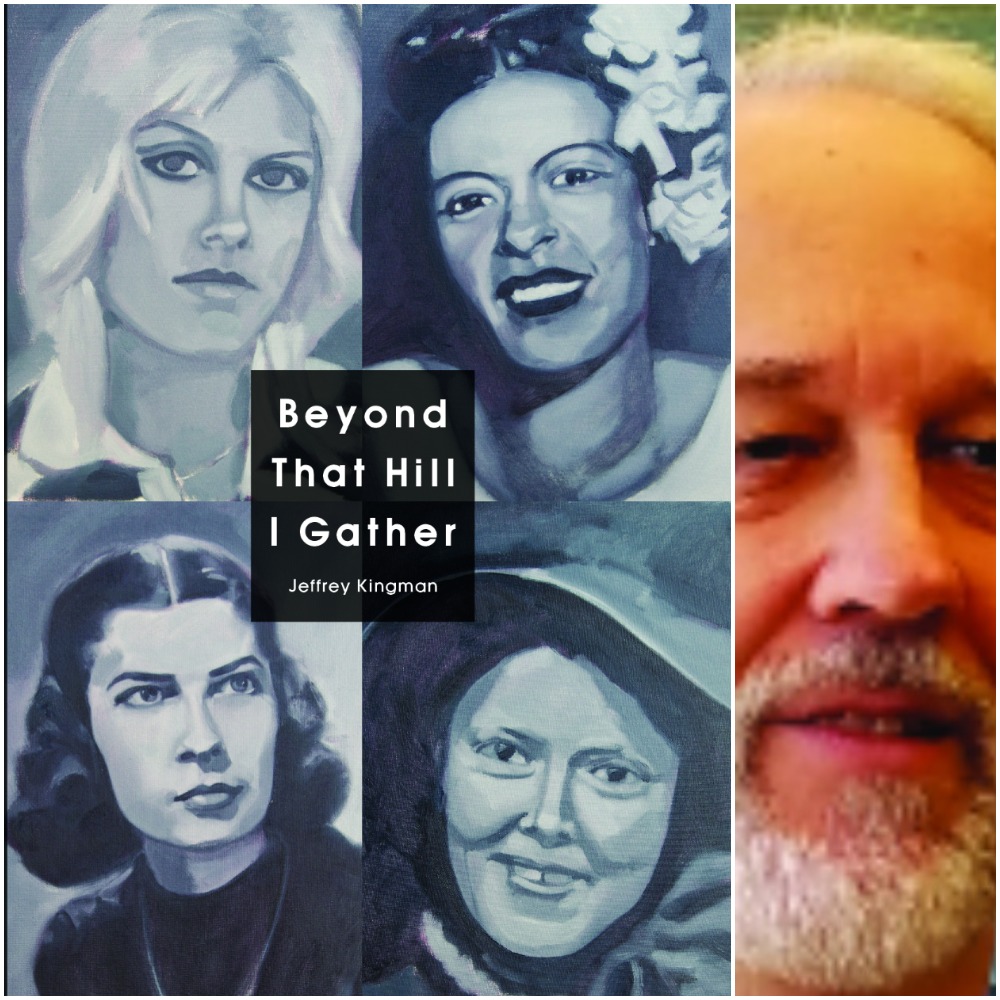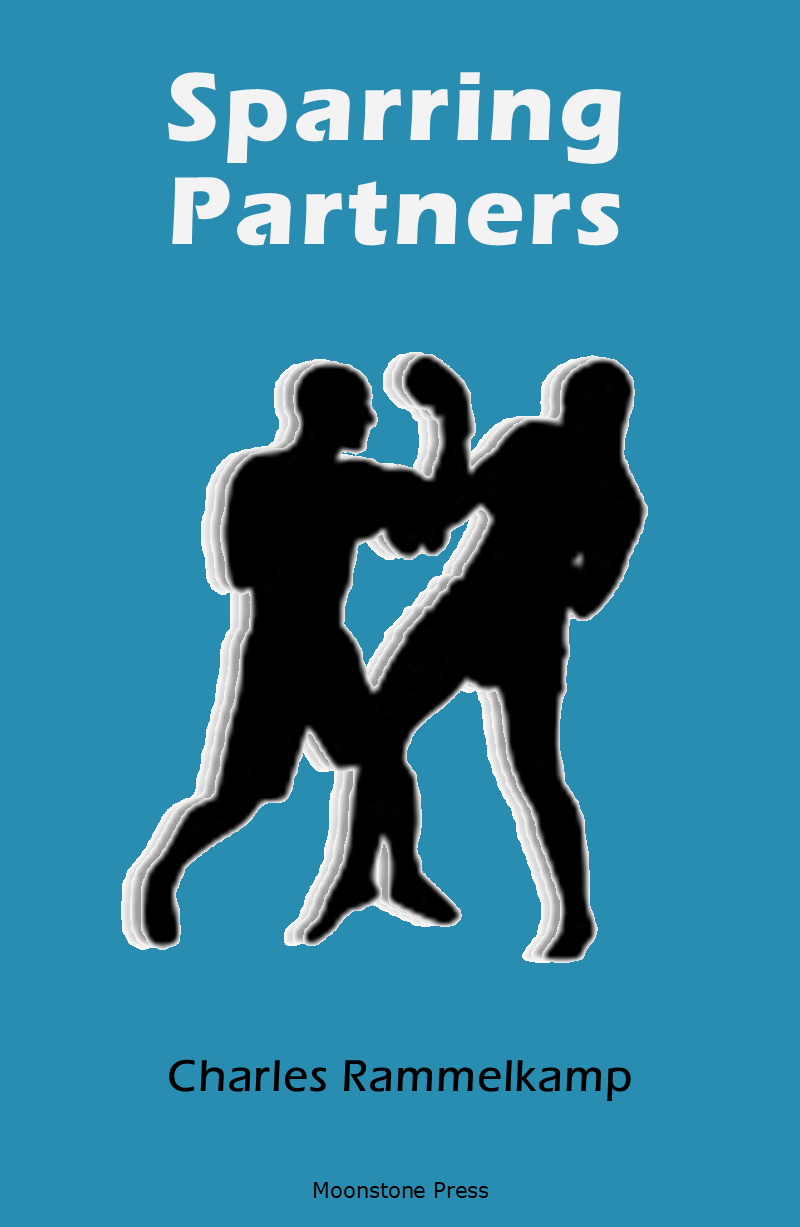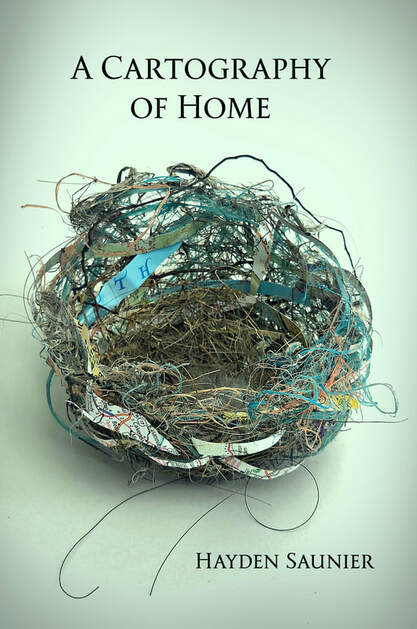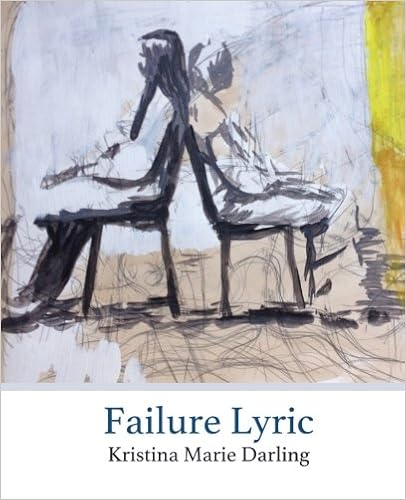 Poetic truth is as open to interpretation as the movements of the planets. We add our own perceptions and perturbations which are subject to the fragmentations of an ultimately unknowable universe. Seaton accepts this and continues on his international travels with a universal perspective. He is now inter-galactic in his observations, pulling us out into the cosmos from our earth-tethered and more insular points of view. As a fully integrated inhabitant of the world, he has the weight of history in his pocket and cosmic, unbounded access. He seeks not to answer questions but to keep asking them.
Poetic truth is as open to interpretation as the movements of the planets. We add our own perceptions and perturbations which are subject to the fragmentations of an ultimately unknowable universe. Seaton accepts this and continues on his international travels with a universal perspective. He is now inter-galactic in his observations, pulling us out into the cosmos from our earth-tethered and more insular points of view. As a fully integrated inhabitant of the world, he has the weight of history in his pocket and cosmic, unbounded access. He seeks not to answer questions but to keep asking them.
Category: Poetry Reviews
A review of Come the Bones by KA Rees
 The book has an eco-poetic quality, immersed in nature which is both subject and object – not as something ‘other’ but as an inherent part of the same life. The ocean where the “sea mist rolls/and the tide folds in” is a critical part of this book, but other habitats too—the forest with its spiders and caterpillars or the city streets with cockatoos and miscreants. From a raindrop to the universe, the work moves through the micro to the macro and as it becomes clear that these are part of a single, unified system
The book has an eco-poetic quality, immersed in nature which is both subject and object – not as something ‘other’ but as an inherent part of the same life. The ocean where the “sea mist rolls/and the tide folds in” is a critical part of this book, but other habitats too—the forest with its spiders and caterpillars or the city streets with cockatoos and miscreants. From a raindrop to the universe, the work moves through the micro to the macro and as it becomes clear that these are part of a single, unified system
A review of Beyond the Hill I Gather by Jeffrey Kingman
 Beyond That Hill I Gather is like a Rorschach Test where readers can interpret the poetry from their own psyche point of view. Is his poetry sometimes enigmatic? Yes, it is, and also it is rich in musicality, imagination and imagery. Kingsman also creates characters or interpret and represents real ones.
Beyond That Hill I Gather is like a Rorschach Test where readers can interpret the poetry from their own psyche point of view. Is his poetry sometimes enigmatic? Yes, it is, and also it is rich in musicality, imagination and imagery. Kingsman also creates characters or interpret and represents real ones.
A review of A Net to Catch My Body in Its Weaving by Katie Farris
 Farris both hides behind a mask and doesn’t. As any poetry creates a mask that both conceals and reveals, she gives readers poetic glimpses behind her mask with tight, lyrical lines. Farris controls the lens that we will look through to get to know her poetry and her personal medical journey. She gives readers an opportunity to see but not dwell upon the upheaval thrust on her life by interactions with medical staff, her husband, and the public.
Farris both hides behind a mask and doesn’t. As any poetry creates a mask that both conceals and reveals, she gives readers poetic glimpses behind her mask with tight, lyrical lines. Farris controls the lens that we will look through to get to know her poetry and her personal medical journey. She gives readers an opportunity to see but not dwell upon the upheaval thrust on her life by interactions with medical staff, her husband, and the public.
A review of Sparring Partners by Charles Rammelkamp
 Sparring Partners is only as much about boxing as Moby-Dick is about whaling. Like any true work of art, it’s about life, its fleeting glory, its many sadnesses, its long decline, and finally its inevitable disappearance. In the end it’s about accepting that we all fall and break apart, and as such, it’s a terrific read, well worth your time.
Sparring Partners is only as much about boxing as Moby-Dick is about whaling. Like any true work of art, it’s about life, its fleeting glory, its many sadnesses, its long decline, and finally its inevitable disappearance. In the end it’s about accepting that we all fall and break apart, and as such, it’s a terrific read, well worth your time.
A review of A Cartography of Home by Hayden Saunier
 Saunier’s skills as a poet are showcased throughout this collection, but she works deftly and quietly, never browbeating the reader. A first read allows a simple pleasure in the words; it is upon a second and third read that nuanced layers unfold. For example, “Dirt Smart” begins with the lines, “You have to eat a peck of dirt / before you die, my grandma said. / I worried. Do I have to?” The poem continues with a description of the grandmother’s hard scrabble childhood in the tobacco fields “dug deep with labor, slaughter / and someone’s finger weighting every scale, / the way most land accumulation’s won.”
Saunier’s skills as a poet are showcased throughout this collection, but she works deftly and quietly, never browbeating the reader. A first read allows a simple pleasure in the words; it is upon a second and third read that nuanced layers unfold. For example, “Dirt Smart” begins with the lines, “You have to eat a peck of dirt / before you die, my grandma said. / I worried. Do I have to?” The poem continues with a description of the grandmother’s hard scrabble childhood in the tobacco fields “dug deep with labor, slaughter / and someone’s finger weighting every scale, / the way most land accumulation’s won.”
A review of A Review Failure Lyric by Kristina Marie Darling
 In Failure Lyrics, she seems to resonate with the words of Browning’s failed lover who sighed to say, “Fail I alone in words and deeds/ Why, all men strive, but who succeeds?” Adamant defiance, compulsive self-acceptance, a foray into the world of failures much as a bastion dreaded by all, loved[!] by few, very few! How can one fall in love with failure? It may irk us to see the successful folks around but can anyone be complacent with failure, let alone come to terms with it considerably? Perhaps, therein lies the secret of Darling’s powerful, highly experimental verses.
In Failure Lyrics, she seems to resonate with the words of Browning’s failed lover who sighed to say, “Fail I alone in words and deeds/ Why, all men strive, but who succeeds?” Adamant defiance, compulsive self-acceptance, a foray into the world of failures much as a bastion dreaded by all, loved[!] by few, very few! How can one fall in love with failure? It may irk us to see the successful folks around but can anyone be complacent with failure, let alone come to terms with it considerably? Perhaps, therein lies the secret of Darling’s powerful, highly experimental verses.
A review of A God at the Door by Tishani Doshi
 With irony and compassion, Tishani Doshi takes on so many of the calamities of our modern world in this truly comprehensive collection. From the treatment of immigrants and women to the pandemic, climate change and political tyranny, she aims her words at the injustices and tragedies that sometimes seem to overwhelm us. But through her humor and wisdom she offers a tentative, fragile vision of a redemption available to all of us, an attitude we can all adopt.
With irony and compassion, Tishani Doshi takes on so many of the calamities of our modern world in this truly comprehensive collection. From the treatment of immigrants and women to the pandemic, climate change and political tyranny, she aims her words at the injustices and tragedies that sometimes seem to overwhelm us. But through her humor and wisdom she offers a tentative, fragile vision of a redemption available to all of us, an attitude we can all adopt.
A review of the light we cannot see by Anne Casey
As with all of Anne Casey’s work, the poems in the light we cannot see contain a deep underlying humanism that comes through every poem. Perhaps this is the light we cannot see – a rich illumination more felt than seen, providing hope through the many threads of grief that connect the poems in this collection. Many of the poems are inspired by Casey’s Irish heritage, shot through with Gaelic motifs that link the poems, from a brilliant coupling of “The Second Coming” by WB Yeats and the Coronavirus to a plait or DNA-shaped prayer to Celtic goddess Brigid.
A review of Homing Pigeons and Sundry Stuff by Dr Naina Dey
 Dey looks “before and after and pines for what is not”, yet she is firmly rooted in the present times and dares question all iniquities and oddities. In the poem, “Subaltern” in the same section, the backlash of clichéd queries directed to either the spinster, a divorced woman, or a single parent seems timely and justified. She is not a ‘subaltern’ of the new millennium, hence the pat reply in the form of a string of queries, to the utter bafflement of Goddess Kali, before whom the questioner and the questioned stood.
Dey looks “before and after and pines for what is not”, yet she is firmly rooted in the present times and dares question all iniquities and oddities. In the poem, “Subaltern” in the same section, the backlash of clichéd queries directed to either the spinster, a divorced woman, or a single parent seems timely and justified. She is not a ‘subaltern’ of the new millennium, hence the pat reply in the form of a string of queries, to the utter bafflement of Goddess Kali, before whom the questioner and the questioned stood.